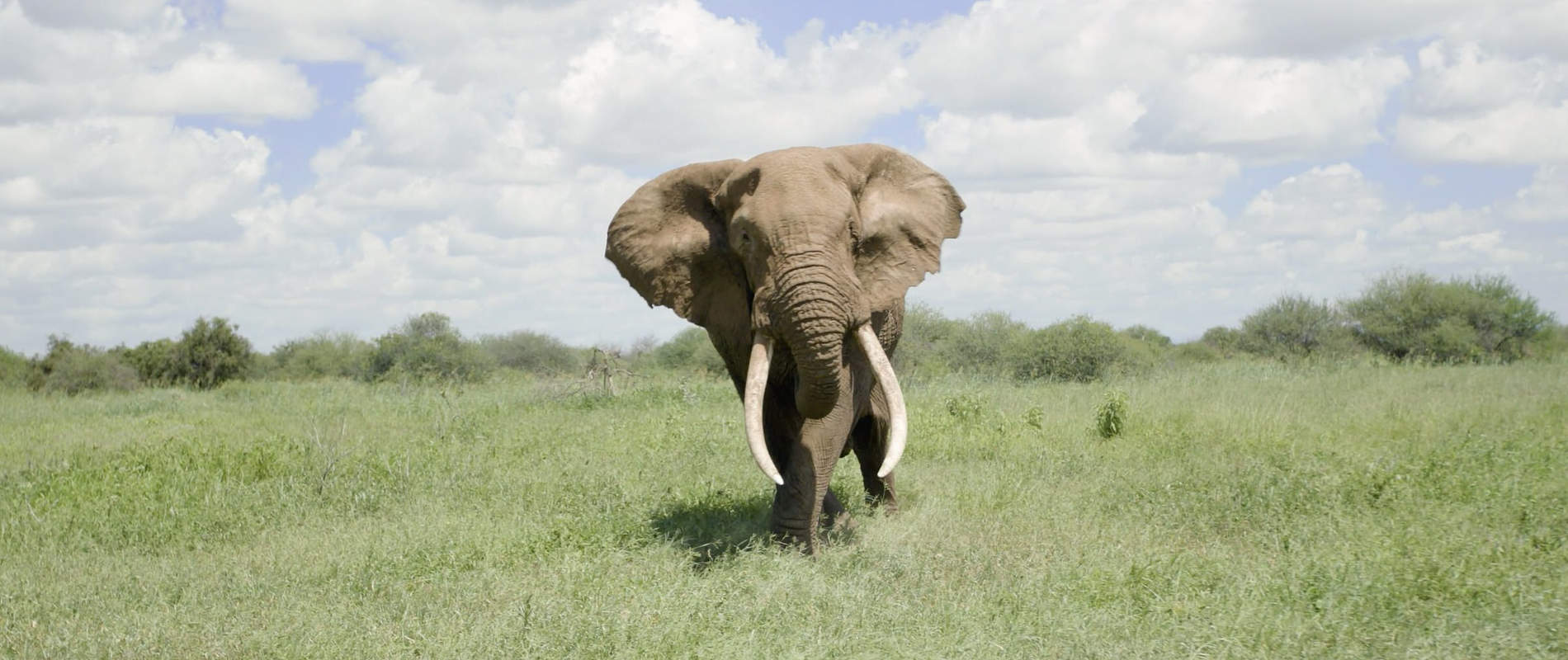It’s a good time to be an elephant in Kenya. Remarkably generous rains have transformed parched landscapes across the country, bringing much-needed relief to earth’s biggest animal.
During periods of bounty, life proliferates — not just green vegetation, but all forms of life. 22 months from now (the gestation period of an elephant) we can expect a glorious baby boom. Female elephants are in season and competition is high as bulls fight over the rights to mate with them.

Such was the fate of this big bull. Big Life rangers observed him with a swollen wound on his rump in Selengai, an area northeast of Amboseli National Park.
We organised a treatment and took off at first light the following day, 28th January 2024. The SWT helicopter departed from our Kaluku Field Headquarters to collect Dr Kariuki, the KWS veterinarian who heads the SWT/KWS Amboseli Mobile Vet Unit.

We found the bull amidst a sea of elephants, all enjoying the endless vegetation at their feet. He was very relaxed, standing in the company of two friends, and didn’t baulk at the team’s arrival. Dr Kariuki darted him from the vehicle and he succumbed to the anaesthetic in a nice, open area. In order to access the injuries, which were located between his hind legs, the team affixed straps to each foot, then used the vehicle to gently leverage them apart.

As it turned out, the bull had two fight wounds — both inflicted by a competitor’s tusks. While they were obviously painful and infected, the team intervened before lasting damage had set in. After cleaning out the wounds and administering antibiotics and anti-inflammatories, Dr Kariuki reversed the anaesthetic.
The patient heaved back to his feet and went to find his friends. Dr Kariuki is optimistic that he will make a complete and speedy recovery. And in two years’ time, we predict that many newborn babies he fathered will be running around the Amboseli ecosystem!
